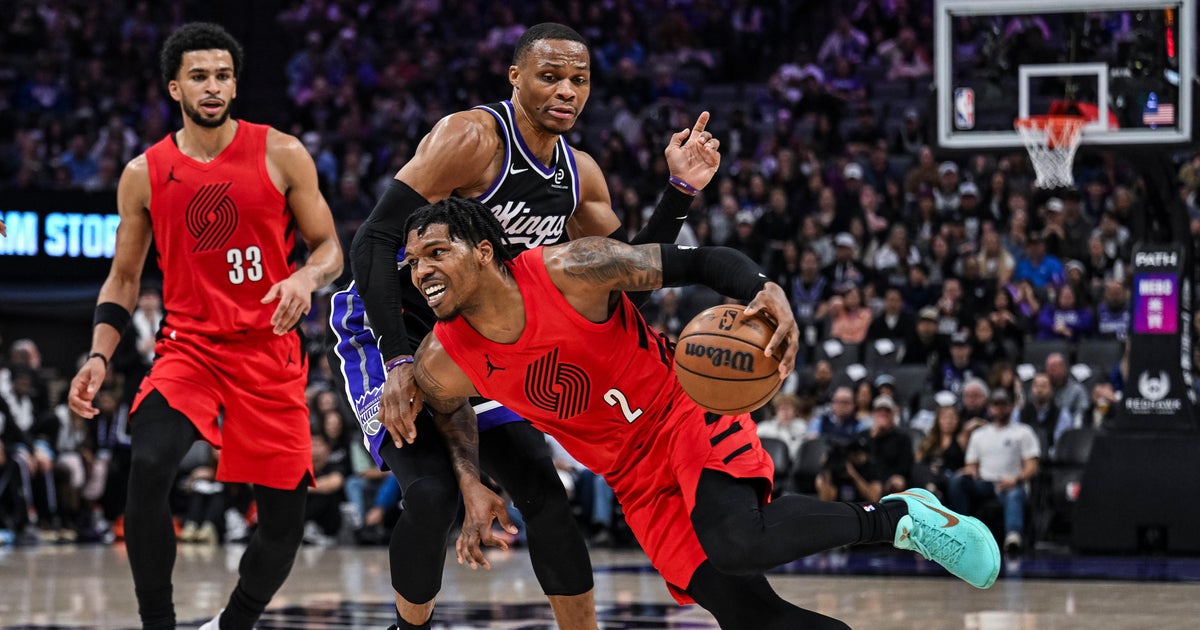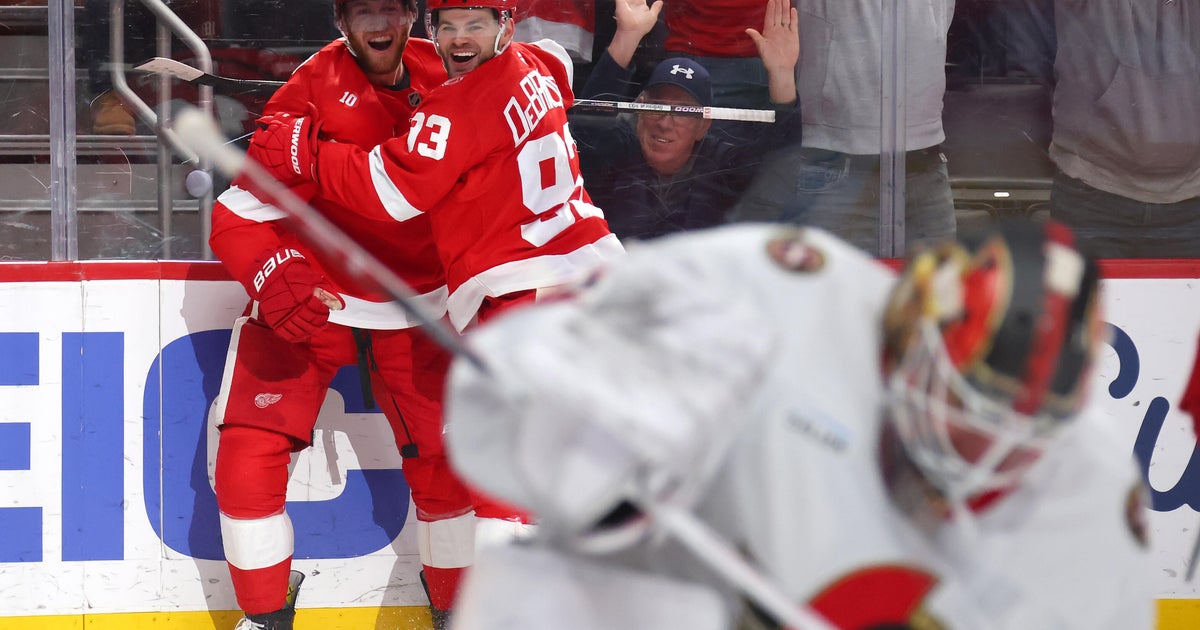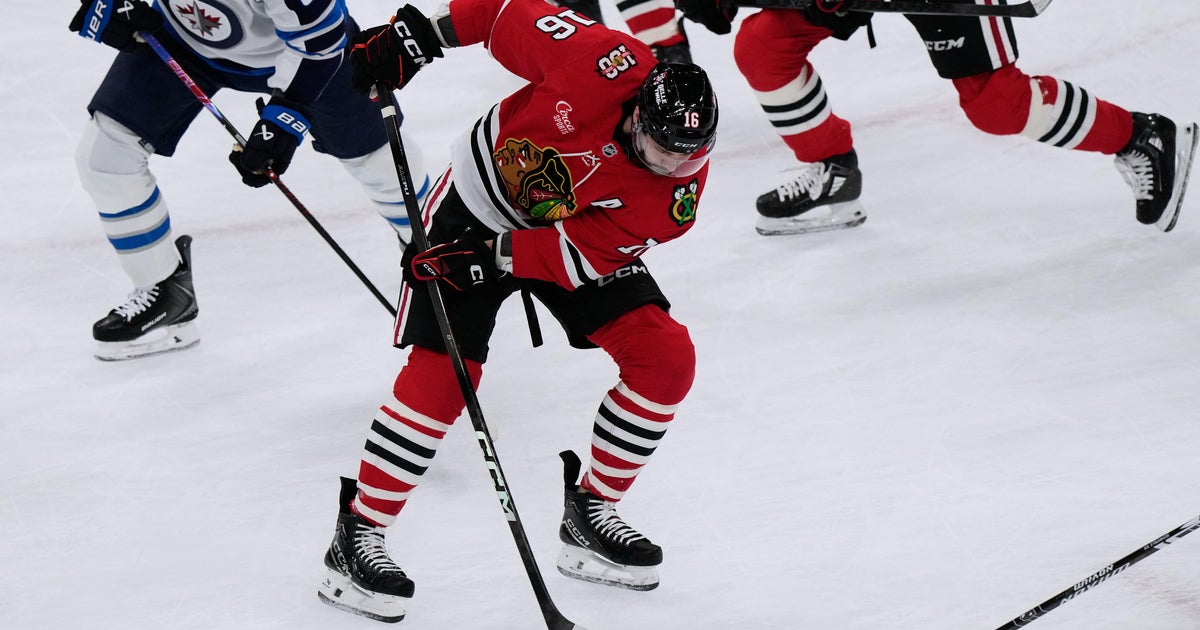Hartnett: Rangers Got Back To What Makes Them Good In Game 3
By Sean Hartnett
» More Columns
Having returned to Madison Square Garden after losing the first two games of their second-round series against the Senators, the Rangers needed to bring major effort in must-win Game 3 on Tuesday night.
And deliver under enormous pressure they did.
The Blueshirts played with all-out desperation from the opening puck drop to the final buzzer, securing a 4-1 victory.
The Rangers started Game 3 at a frenzied pace. They were first to pucks, efficient in all three zones, and were physically engaged in the possession battle. New York out-attempted Ottawa 26-12 in the first period and went on to push the Sens back on their heels for much of the night.
"We were much more aggressive on our forecheck, we were simple with the puck and we were able to spend a lot of time in their end and grabbed a lot of momentum," alternate captain Marc Staal said. "I thought we were definitely focused on coming out and having a strong game. Everyone in the room stepped up and played the way we needed to play to take over the game in the first period and we let it ride after that. We're getting a lot of pucks behind their 'D' and I thought we caused some havoc."
"Leading in the third period is big and you want to play the right way to protect it," Staal added. "You still want to be aggressive. I think we did a good job of staying on our forecheck, still getting some chances, but we were much smarter with the puck. That's what you have to do to close it out."
As players and coaches like to say, every series is a race to four. If the Rangers keep playing at the same breakneck pace and continue to tighten the clamps defensively late in games, they should be able to find a way to vanquish the Senators.
When the Rangers come with four-line speed and energy, they're awfully tough to beat. Nine different forwards notched at least one point and each of their four lines recorded a goal during Game 3.
Probably the best quotes to come out of the Rangers' dressing following the game were from energetic winger Mats Zuccarello and alternate captain Derek Stepan. The Rangers were outshot 12-9 in the middle period and 10-6 in the third, so to say the Blueshirts were satisfied with their overall performance would be wrong. They will seek an even higher gear and improved execution in Game 4 on Thursday.
"We played a solid first period and we came out strong," Zuccarello said. "I think that we set the tone right away. I don't think we played our best hockey in the second and the third. We have to improve on that."
"We always talk about adjustments through a series, and every series is no different," Stepan added. "You have to make your adjustments and clean up things that you feel you can do better in the next one. We'll do the next thing after this game. We'll look to figure out what we did and how we had success and what we did that didn't give us success. We'll clean that up and get ourselves ready for Game 4."
To be fair, head coach Alain Vigneault deserves credit for better allocating his defensive minutes on Tuesday night. After his decision to pin Brady Skjei and Brendan Smith to bench late in Game 2 backfired, Vigneault essentially used the duo as his second pair in Game 3. Ice time for the Rangers defensemen shaped up like this: Ryan McDonagh skated for 26:52, followed by Skjei (20:13), Dan Girardi (20:00), Smith (19:39), Staal (16:17), and Holden (14:29).
Throughout the playoffs, a criticism levied at Vigneault has been deployment of his defensemen. By promoting Skjei and Smith, Vigneault proved he can adapt and be less rigid in his beliefs. The 55-year-old head coach admitted during a Sunday conference call that he "lost" the pair in Game 2.
"We were looking for certain matchups and sometimes within a game's flow and the matchups, sometimes certain players get lost for a couple of shifts or a couple of minutes and that's what happened," Vigneault said at the time.
He had previously been unyielding in his desire to give Staal and Holden major minutes. Game 3 was evidence that the Staal-Holden pairing can be effective in a more sheltered role and validated the belief that Skjei-Smith pairing can continue its dominant play on both ends of the rink if given a larger workload.
Both team and coach had much to prove in Game 3. The players struck the right chord with their desperation and Vigneault moved away from the decisions that backfired earlier in the series.
Follow Sean on Twitter at @HartnettHockey







